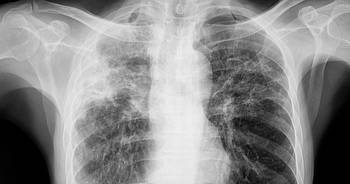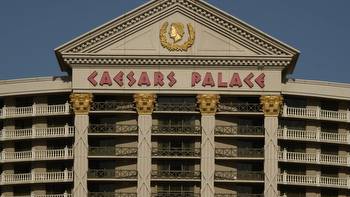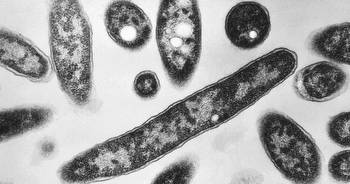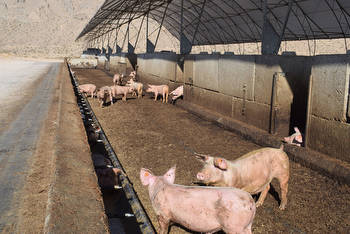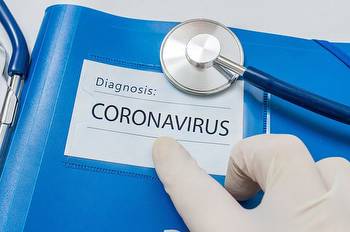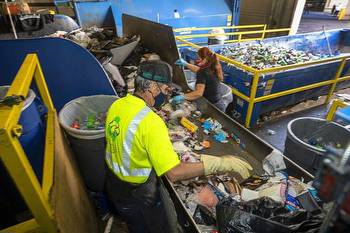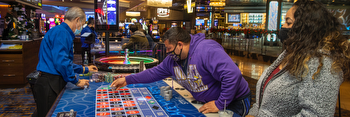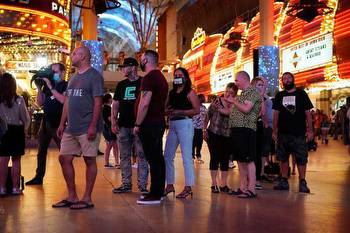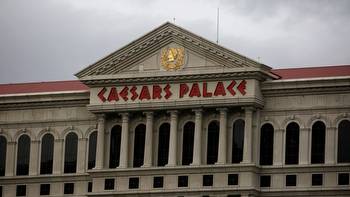Cases of Legionnaires' disease linked to two Las Vegas hotels

Health officials in Nevada are investigating a small cluster of Legionnaires' disease cases among guests who stayed at two Las Vegas hotels.
Two people were diagnosed with Legionnaires' disease — a severe form of pneumonia caused by legionella bacteria — after staying at Caesars Palace Hotel and Casino within the last 12 months, the Southern Nevada Health District said on Thursday.
A guest at The Orleans Hotel & Casino was also recently found to have the disease, the health district said in a separate release on Thursday. Earlier this year, two Legionnaires’ cases were reported among guests at The Orleans, prompting an investigation.
After those initial two cases, the hotel's water system was remediated, and testing after that did not detect legionella bacteria, according to the health department. But after the additional new case was reported, environmental samples tested positive for legionella. So the Orleans Hotel & Casino is once again doing remediation and environmental testing to ensure the bacteria gets eliminated.
Both properties are cooperating with the health district’s investigations.
Caesars Palace Hotel and Casino has already completed its water system remediation, and the most recent environmental tests did not detect legionella bacteria, according to the health department.
The department did not immediately respond to a request for further information.
Legionella bacteria exists naturally in bodies of fresh water but can be a threat to people when it grows and spreads in building water systems like cooling towers or water tanks, according to the Centers for Disease Control and Prevention.
The bacteria can spread in droplets small enough to be breathed in, but most healthy people exposed don’t get sick, according to the CDC.
Symptoms of Legionnaires’s disease include cough, shortness of breath, fever, muscle aches and headaches and usually begin two to 14 days after exposure. As with other forms of pneumonia, the disease can result in serious complications or be fatal if not treated promptly.
People at increased risk of illness include those who are 50 and older, are current or former smokers, have chronic lung disease or weakened immune systems, take drugs that can weaken their immune systems or have underlying illnesses.
The heath department said that guests who stayed at either facility dating back to Aug. 1 and experienced symptoms up to 14 days after their stay can report their illness using an online form.











